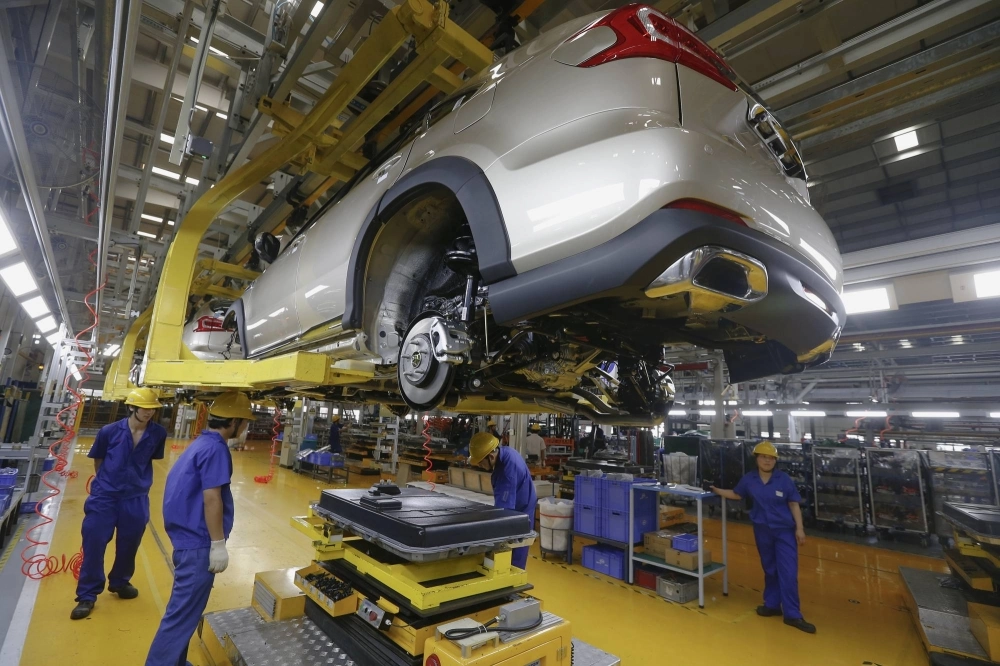Donald Trump is an old-fashioned protectionist and he has been suggesting for a while that if elected he will quickly impose tariffs of 10% or more on all imports — a "ring around the collar” for the U.S. economy.
But U.S. President Joe Biden is by no means a free-trade purist. His signature legislative achievement, the Inflation Reduction Act — which is actually mainly about fighting climate change — contains several nationalistic provisions designed to limit subsidies primarily to manufactured goods produced in North America. And the Biden administration is now imposing tariffs as high as 100% on Chinese exports of electric vehicles and taxes on other imported goods, including semiconductors and batteries.
The immediate impact of these tariffs will be small, because the United States currently imports very few of the affected goods from China. But Biden’s moves are more than a symbolic gesture. They’re a shot across the bow — a signal that the U.S. won’t accept a second so-called China shock, a surge of imports that could undermine crucial parts of the administration’s agenda.



















With your current subscription plan you can comment on stories. However, before writing your first comment, please create a display name in the Profile section of your subscriber account page.